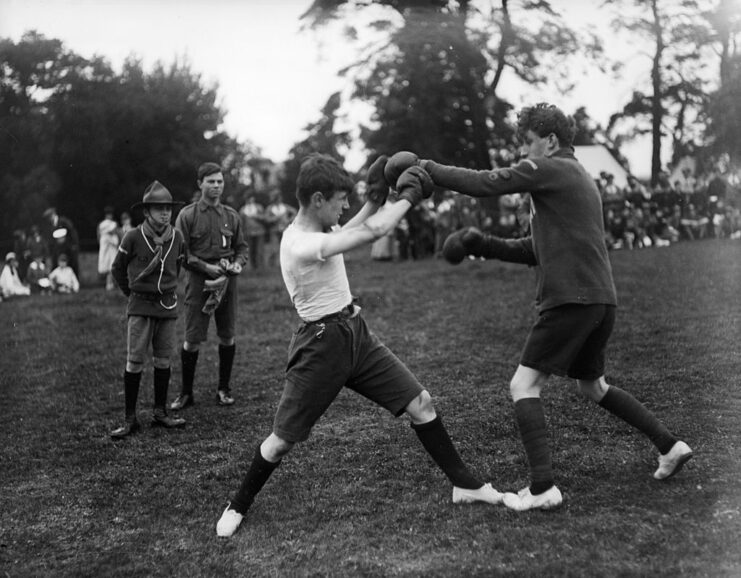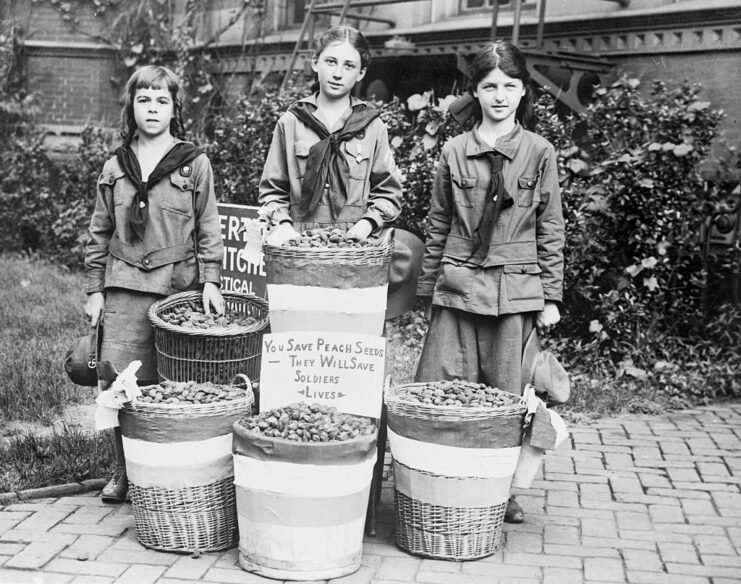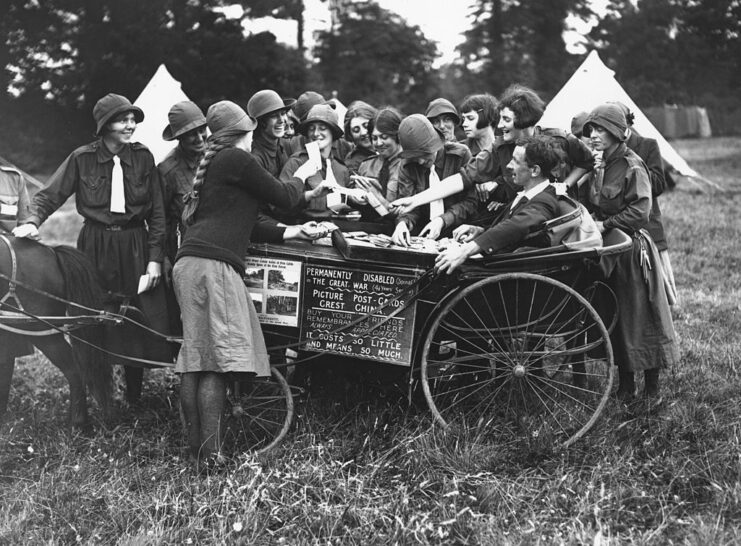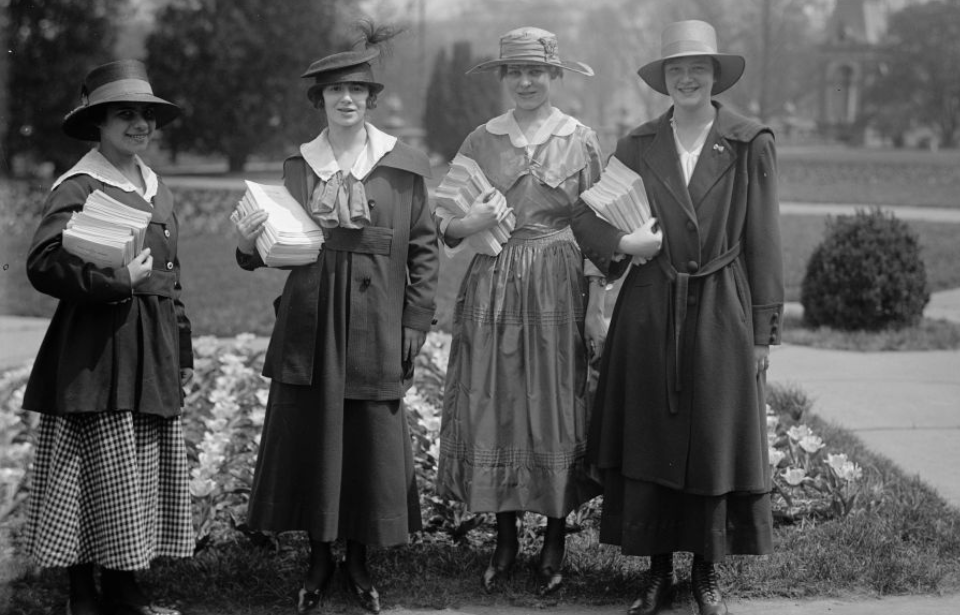World War I was a time of immense upheaval and change. One group that played a surprisingly important role during this time was the British Girl Guides. When the conflict began, the organization quickly adapted, with many Guides volunteering their time and skills to support the war effort. This included fundraising, collecting donations, providing nursing care and even serving with Britain’s counterintelligence agency. While the Girl Guides weren’t MI5’s first choice, they were very effective.
Gossiping Boy Scouts

At the beginning of the First World War, MI5 decided to employ the Boy Scouts. They were far from spies, but were given similar duties, such as delivering counter-espionage messages and intelligence gathering.
This might seem like a dream come true for a group of boys unable to enlist and fight, but it didn’t take long for them to get fired. Problems arose with their work, including bringing in unreliable reports and telling people about their top-secret job, which they weren’t supposed to bring up – ever.
Ultimately, MI5 made the decision to fire the Boy Scouts in September 1915. Instead, the agency hired the Girl Guides, who they believed would prove to be a much better option. As it turned out, they were right.
The Girl Guides were a much better replacement

Robert Baden-Powell, founder of the Scouts, agreed with the decision. He said, “[Girls] can be trusted, better than boys, not to talk. If the character of the girl is developed, she will discipline herself not to ‘blab’ and will ‘play the game’ not for herself and her own glorification – but in the interests of her side.”
As former Director-General of MI5 Jonathan Evans explained, the Boy Scouts “proved feckless and noisy and the Girl Guides were a more reliable alternative.”
Guides between the ages of 14 and 16 who were “of good standing, quick, cheerful and willing” were hired by MI5. Their parents and troop leader had to agree. Roughly 90 worked in this capacity. Those who were successful were brought to one of the three houses used by MI5 during the war, to serve a three-month probation period.
Treaty of Versailles

The Girl Guides’ primary job with MI5 was as messengers. As they were carrying highly-classified documents, they had to swear not to read them when they first started their employment. Aside from physical messages, they were asked to deliver some from memory. The Guides were compensated with payments of 10 shillings a week, and they were also given lunch breaks.
They proved to be successful employees, which is part of the reason why their work didn’t cease when the conflict reached its conclusion. A select few accompanied the British delegation to France for the Paris Peace Conference. They passed messages between different individuals and ran errands.
More from us: The WWI Assault That Inspired A Movie About Sgt Alvin York
Although it’s unclear if they were the same girls who worked as messengers, 16 senior Guiders were invited to watch the signing of the Treaty of Versailles. It wasn’t until the agreement was official that they were sent home, with very few ever talking about their experiences with MI5.
